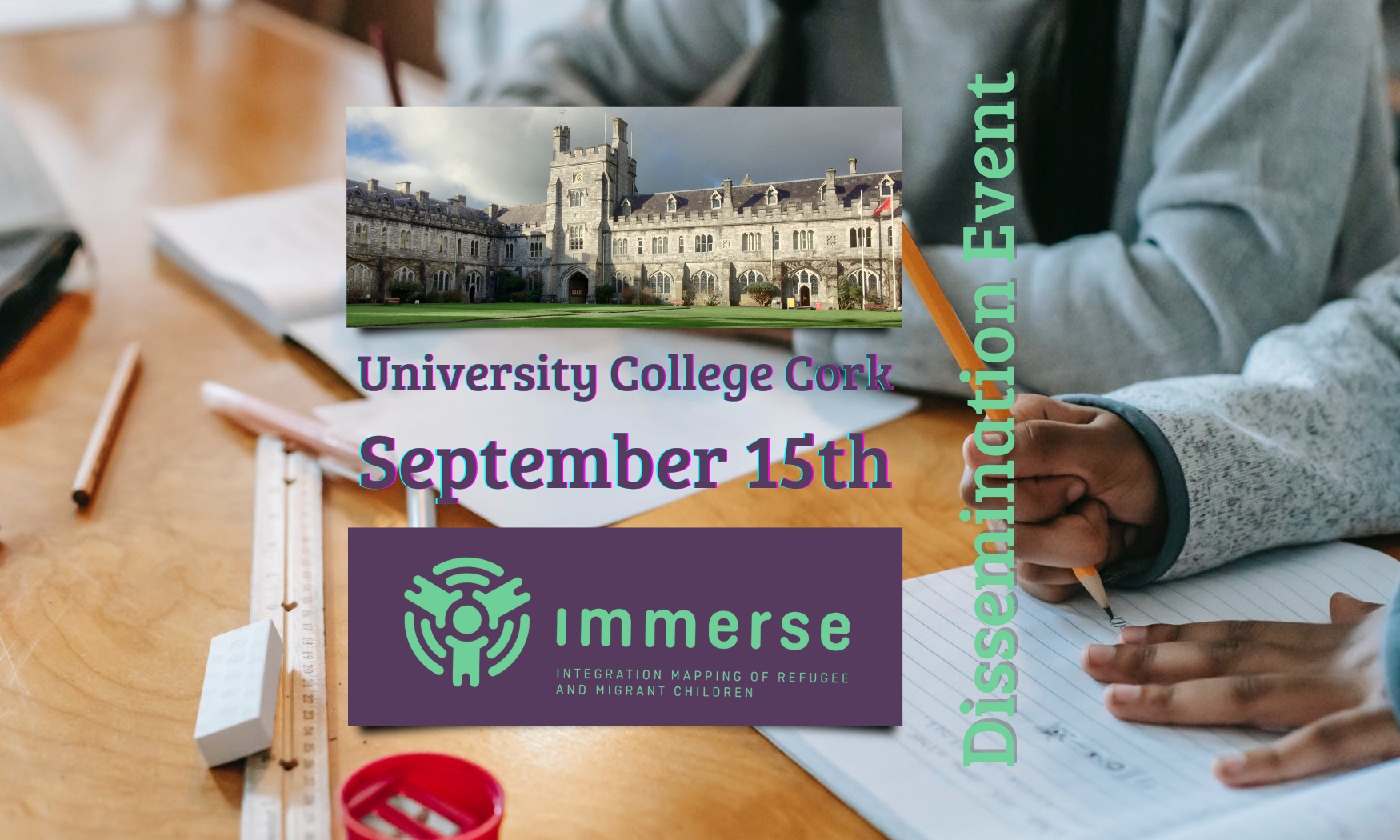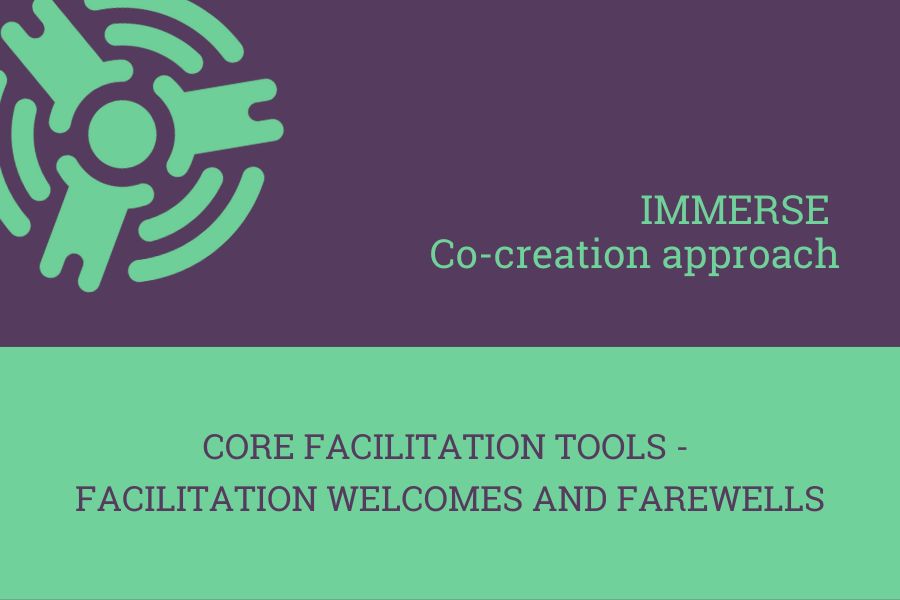Description
Europe has been for many years a major migrant destination and is becoming increasingly multicultural. Social inclusion of all newcomers and of already existing ethnic or cultural minorities (ECM) is an important issue throughout the EU. Social integration takes place at multiple levels, and one of the most sensitive fields is that of school education. An important factor affecting the integration process is parental engagement and attitude. Both parents from the host societies and migrant/refugee/ECM parents have direct influence on the attitude, behaviour and performance of their children, and consequently the integration process as a whole. The overall objective of the Parents4all project is to raise awareness, empower, and develop the intercultural competences among parents of the host societies and migrant/refugee/ ECM parents in order to enable them to contribute effectively to the social inclusion of refugee/migrant/ECM school-age children. All the work started with a need assessment and a shared intervention methodology was used in developing research tools, training materials and toolkit for self-assessment. Parents for All was a EU-funded project (KA2 Strategic Partnership for Innovation in Adult Education, 2017-2019) that ran from September 2017 to November 2019 in Greece, Italy, Spain, Germany, and Lithuania.
- Access to compulsory education
- Children maintain their cultural identity while adopting new cultural values and intercultural competences
- Children's competence in host language
- Children's life satisfaction / happiness
- Children's sense of belonging
- Teachers
Evaluation ex post
An ex post project evaluation has been conducted by an external evaluator assigned to evaluate the project on behalf of the State Scholarship Foundation, Greek National Authority of the Erasmus+ project. The evaluation report has been produced in Greek. The aspects that have been evaluated were:
- The Relevance of the project/strategy to the Erasmus+ strategic pbjectives
- The Quality of the project design and implementation
- The Quality of the project team and the cooperation arrangements
- The Impact and dissemination
The overall comment of the evaluator was positive as it has been commented that the Parents for all project “is a very relevant to the current context project…..The questionnaires used are coherent, appropriately structured on a case-by-case basis, and clear in their content. The educational material that has been produced has a good structure and layout, is scientifically documented with productive utilization of the relevant literature and formulated with simplicity so that it is widely understood. The contribution of the project to the participating organizations and target groups, as evidenced by the findings, is significant….”
The evaluator commented negatively the quality of the short movie that was produced, expected a more extensive research and piloting in the frame of IO1 and commented that the exploitation guide was not as extensive as anticipated.
However, it has to be pointed out that those were the results of budget cuts and suggestions provided in the approval phase of the project implementation, which were made on the basis that the initial research should not be as extensive as suggested in the application and that the exploitation guide is not of need.
Projects’ deliverables
As followed, all the project's outputs of Parents for all:
- Training methodology for promoting an intercultural mindset among parents
- Training material (in all the partnership's languages)
- Self-assessment toolkit for intercultural competences
- Audio visual materials: “The Dream of Integration – Parents on Diversity and Education” and the short animated film “Walking a Mile in a Migrant’s Shoes”
- Exploitation guide
These outputs can be found in the links below.
Reproducibility
A dissemination and communication plan has been developed. Unfortunately, however, it was not easy to disseminate the project with local authorities, in all the countries of the partnership. Each partner worked to ensure that Parents for all and its activities were publicized as much as possible through articles and posts on their websites and social pages. In addition, the project has a multilingual website, containing all the materials produced during the two years of work.
Each partner presented the project and its results to NGOs, school departments, local authorities, international agencies.
The project involved directly all target groups (parents and stakeholders) in output production. The consortium directly involved over 355 individuals from the main target groups in the project activities, at least 60 of which were persons with cultural differences and/or refugees. Products were tested in a piloting phase. Through the dissemination activities carried out by the consortium and the associated partners, more than 30,000 persons were reached.
Motivation for the submission
This project has been selected as it focuses on parents, who play a fundamental role in the integration process of children. The socio-educational inclusion of migrant children is a multi-faced phenomenon which requires a multistakeholder approach.



